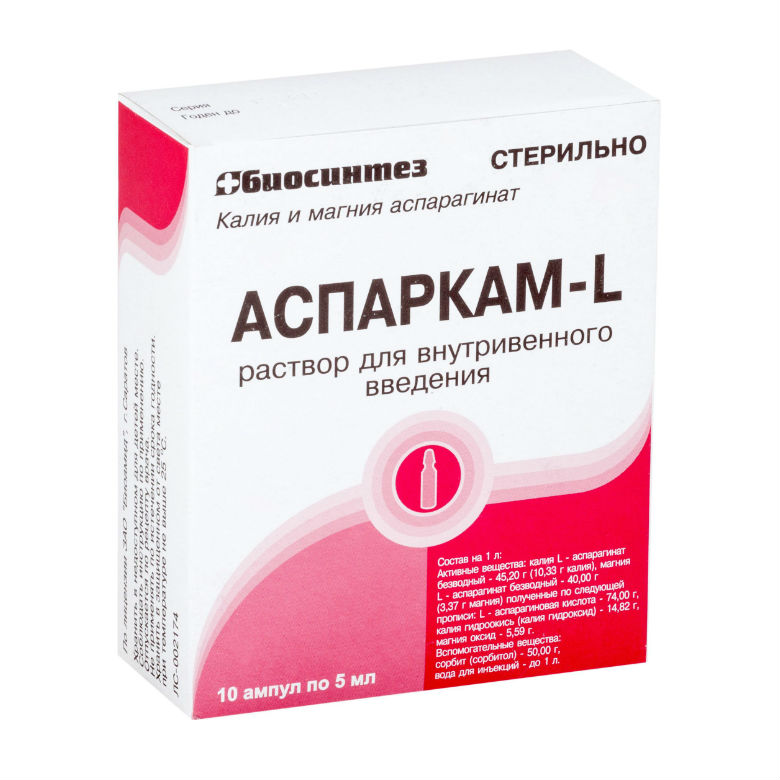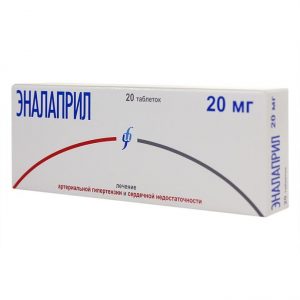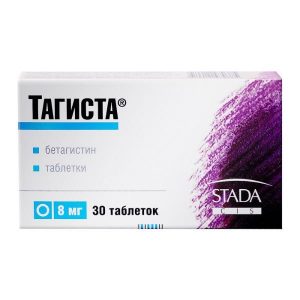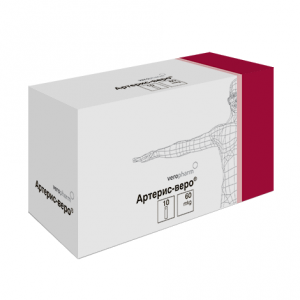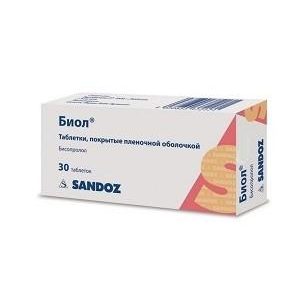Description
Latin name
ASPARCAM-L
Release form
Intravenous solution.
Packing
10 ampoules of 5 ml.
Pharmacological action
The mechanism of action of the drug Asparkam is associated with the effective participation of L-asparaginate in the transport of magnesium and potassium ions into the intracellular space. Magnesium activates sodium-potassium-A phase. removing sodium ions from the cell and returning potassium ions reduces the concentration of sodium and prevents its exchange for calcium in the smooth muscles of blood vessels, lowering their resistance. Potassium stimulates the synthesis of ATP, glycogen, proteins, acetylcholine, etc. Both ions support the polarization of cell membranes.
The drug regulates the conduction of impulses along nerve fibers, synaptic transmission, muscle contraction, and cardiac muscle function. Due to magnesium ions, it participates in the processes of energy input and expenditure, normalizes membrane permeability, neuromuscular conductivity, DNA synthesis, RNA, cell growth, cell division, oxygen uptake and phosphate synthesis.
Indications
Hypokalemia and hypomagnesemia (including those arising from vomiting, diarrhea with saluretics, corticosteroids, and laxatives), accompanied by arrhythmias (including paroxysmal supraventricular tachycardia, atrial and ventricular extrasystoles) against a background of digital intoxication, heart failure or myocardial infarction.
Contraindications
Severe renal impairment (in acute and chronic renal failure) inadequate urination, increased potassium or magnesium in the blood (hyperkalemia, hypermagnesemia) atrioventricular block 2 3 degrees with normokalemia erythrocyte damage (hemolysis) adrenal insufficiency shock condition acute blood acidosis dehydration severe Myastenia gravis (myasthenia gravis) treatment, accompanied by a delay in elimination of potassium from the body.
Composition of
1 ml of an intravenous solution contains: active ingredients: magnesium asparaginate anhydrous 40 mg (magnesium content – 3.37 mg), potassium asparaginate anhydrous 45.2 mg (potassium content – 10.33 mg)
excipients: sorbitol (sorbitol), water for injection.
Dosage and administration
Asparkam is administered intravenously 10-20 ml 1-2 times a day for 5 days. The dose is determined individually depending on the degree of hypokalemia.
Side effects
Nausea, vomiting, diarrhea, abdominal pain, ulceration of the gastrointestinal mucosa, gastrointestinal bleeding, flatulence, dry mouth AV block, paradoxical reaction (increased extrasystoles), bradycardia, decreased blood pressure, phlebitis, thrombosis dyspnea, pruritus, hyporeflexia, dizziness, paresthesia of myasthenia gravis, asthenia, increased sweating. With rapid on / in the introduction – hyperkalemia, hypermagnesemia.
Drug Interactions
Potassium-sparing diuretics (triamteren, spironolactone), beta-blockers, cyclosporine, heparin, ACE inhibitors, NSAIDs – the risk of hyperkalemia up to the development of arrhythmia and asystole.
Eliminates hypokalemia caused by corticosteroids.
Reduces unwanted effects of cardiac glycosides.
Due to its Mg2 + content, it reduces the effects of neomycin, polymyxin B, tetracycline and streptomycin.
Anesthetics enhance the inhibitory effect of Mg2 + on the central nervous system /
May enhance neuromuscular blockade caused by depolarizing muscle relaxants (atracuria besylate, decamethonium bromide, suxamethonium (chloride, bromide, iodide)).
Calcitriol increases the concentration of Mg2 + in blood plasma, Ca2 + preparations reduce the effect of Mg2 +.
Astringent and enveloping drugs reduce the absorption of the drug in the digestive tract (it is necessary to observe a 3-hour interval between their intake).
The solution is pharmaceutically compatible with solutions of cardiac glycosides (improves their tolerance).
Overdose
Symptoms: hyperkalemia and hypermagnesemia.
Treatment: iv calcium chloride, if necessary – hemodialysis and peritoneal dialysis.
Storage conditions
Store in a dark place at a temperature not exceeding 25 ° C.
Expiration
2 years.
active substance
Potassium and magnesium aspartate
Terms leave through pharmacies
In retseptu
Dosage form
solution for infusions
Indications
Indications
arrhythmia, heart failure, potassium deficiency and magnesium Myocardial infarction
